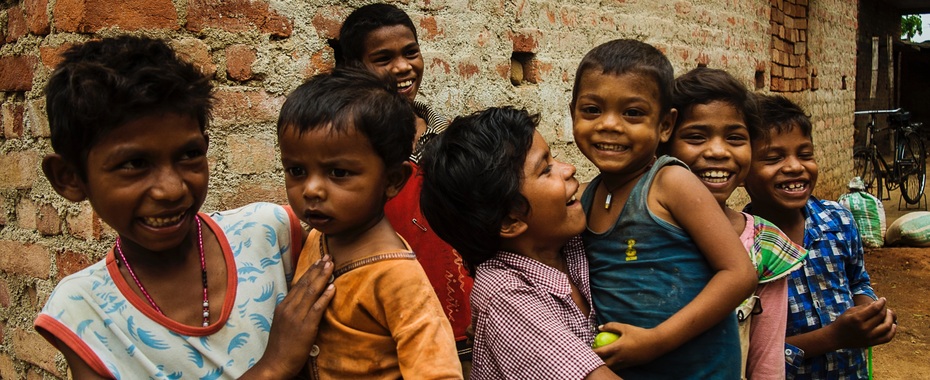
Areas of Work
Riya Kumari / Pexels
Education
Probably nothing else has education’s power to transform lives. For a child facing daunting odds because of gender, disability, lack of facilities or poverty - education offers a path forward to opportunity and hope and the freedom to make choices in a world that will often be very different from their parents’.
Our work will be to clear the obstacles that keep children from going to school in the Himalayan villages. A school might be too small: add classrooms. Or too far away: build a hostel for students to stay in. We will organize Even help with school supplies and uniforms can be essential to allow students to succeed. And when they do, we will all have a smile on our faces.
Healthcare
For many across the Himalayas, proper and timely healthcare is out of reach. We will build and support health clinics, fund health workers, run health camps and supply medicines to bring care to poor, off-the-grid communities so that no one in these villages has to suffer from untreated injuries and illness, that can condemn them to a lifetime of suffering and isolation.
The focus will be on providing primary healthcare services and addressing the basic public health issues through the persistence of health camps and widespread outreach efforts. We will facilitate medical support to mend the bodies and spirits of the villagers who are in need of care and keep their smiles bright.
Protecting the Fragile Himalayan Eco-System
The Himalayas harbour rare and threatened animal species as well as endemic and endangered flora. This fragile region is under serious threat from various developmental projects and the uncontrolled footfall. Thousands and thousands of tourists, trekkers, climbers and pilgrims visit this vulnerable landscape every year and leave behind tons of waste.
We will organize cleanup campaigns, install bins on the trails to collect waste and with the involvement and engagement of local communities, the local government and especially schools in each activity, we will keep the area clean and promote conservation. We aim to create awareness and help educate about issues relating to waste management and its impact on people and the natural environment.
Direct Winter Water to the Himalayan Homes
Due to extreme cold conditions between December and March, when the minimum temperature drops to -20C to -30C in the upper reaches of the Himalayas, supply of water to individual homes stops, through the regular piping network. Currently millions of inhabitants of such regions get only a very limited amount of water every day during winter.
Working with local authorities, we aim to install the gravity fed water supply system in the Himalayan villages for them to get water directly in their homes instead of having to walk for 2-3 kms every day in -25C, -30C temperatures to get water from streams, rivers and hand pumps and then carry the heavy jerry cans on their backs walking for long distances, slipping over snow and ice, back to their homes.
Small Scale Infrastructure Development & Basic Amenities
Many of the villages in the upper reaches of the Himalayas suffer due to lack of some of the basic amenities, like accessible roads, electricity and water that could make their lives a little easier and help in increased livelihood. Additionally there is a significant scope for solar panelling in these villages.
In discussion with the community leaders, local government bodies we aim to find out some of the more basic infrastructure needs and then with local participation, try and build the same in the Himalayan villages. These could be toilets, community halls, small stretches of roads, a playing field, street lights etc.. We also aim to provide things like winter wear, playing materials, small kitchen appliances etc..
Join the TF Team